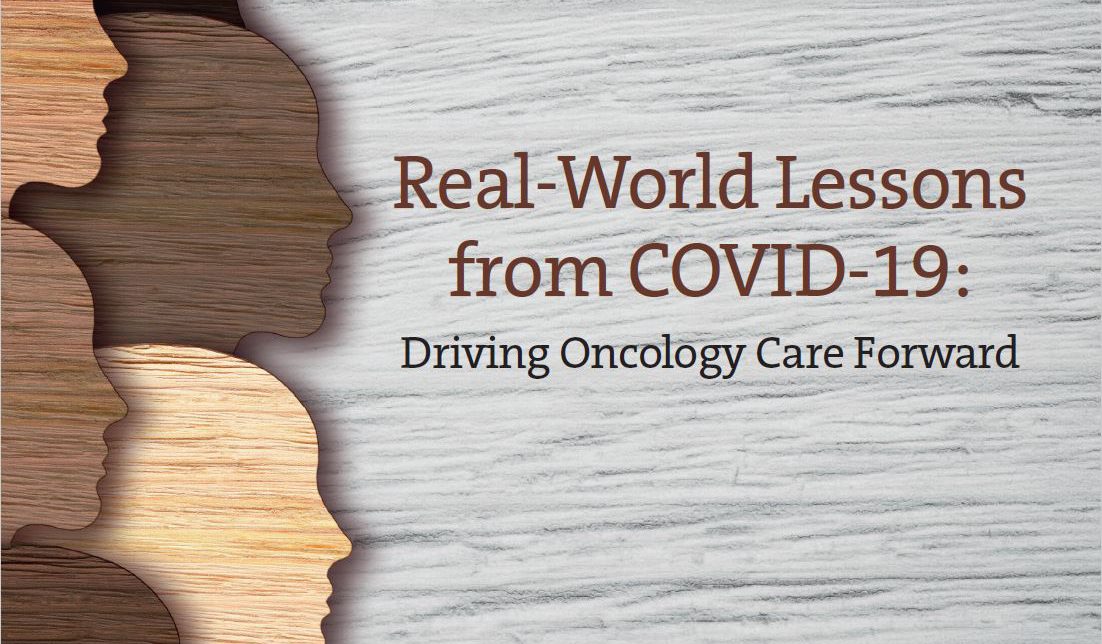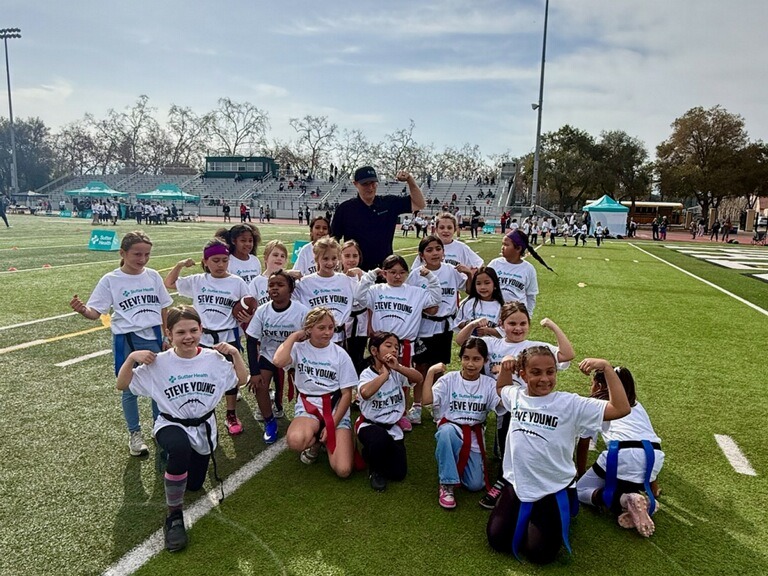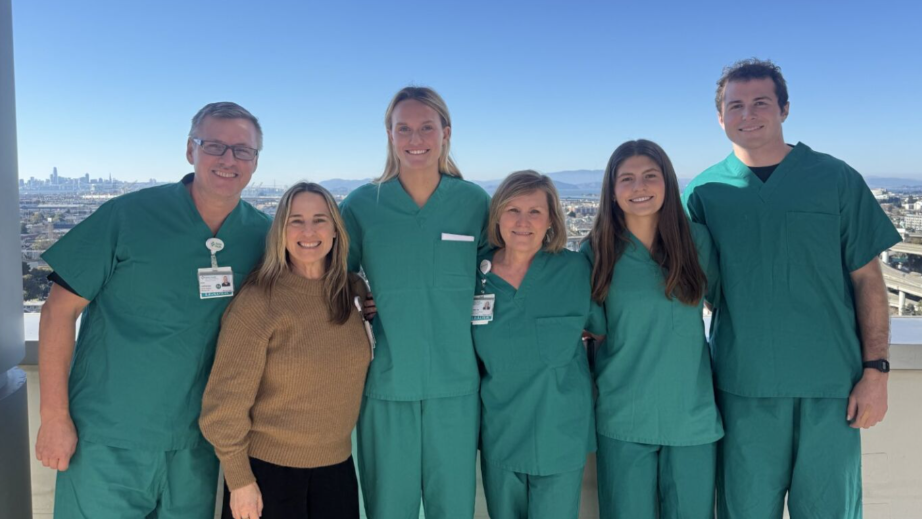The COVID-19 pandemic caused many people to delay medical appointments, including time-sensitive health screenings like mammograms, colonoscopies and skin exams. A lag still exists today even as health systems and clinics have taken careful steps to help stop the virus’ spread. Certain groups also remain especially vulnerable for late-stage cancer diagnoses due to delayed screenings: communities of color.
Health equity efforts—which have been supercharged since the onset of COVID-19—can help inform approaches that can make a difference for these communities. Sutter Health, a not-for-profit healthcare network in Northern California, recently revealed in Oncology Issues how its own targeted efforts helped identify and close gaps in screening for racial/ethnic patient subgroups.





